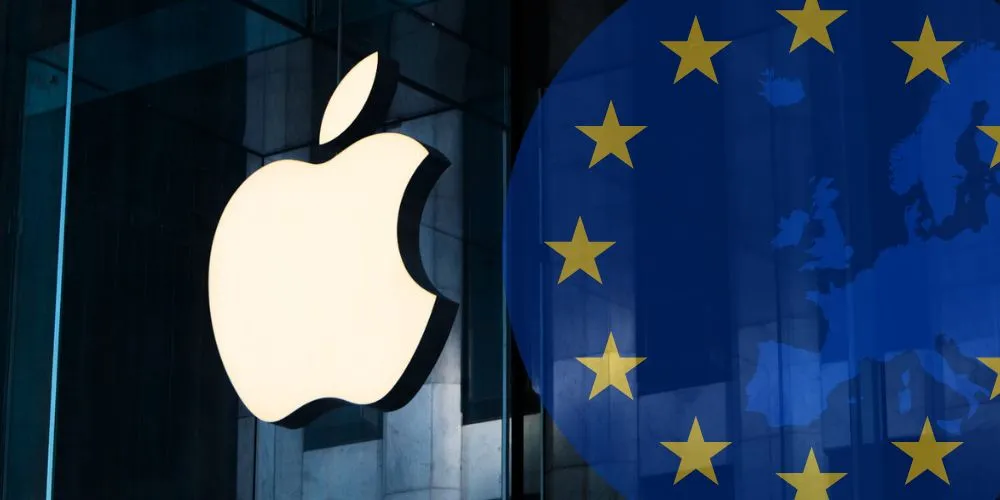Key Points:
- Apple releases a DMA Compliance Report detailing required changes in response to the European Union’s Digital Markets Act.
- Changes include introducing a browser choice screen for Apple users in the EU and enhanced data portability features.
- The company aims to implement mobile operating system enhancements by Fall 2025 and browser switches by late 2024 or early 2025.
- Apple raises concerns about potential risks such as malware and fraud resulting from the changes and their impact on app security and user support.
The European Union’s Digital Markets Act (DMA) has significantly prompted tech giants like Apple to change their platforms and policies. In response to the DMA, Apple has released a DMA Compliance Report detailing the adjustments it must undertake to comply with the new regulations.
Identified as a “gatekeeper” under the DMA, Apple must ensure fair competition and prevent favoritism towards its platforms within the EU. One notable change is the introduction of a browser choice screen for Apple users in the region. When opening Safari, users will be prompted to select a default browser from a list of options available in their area. Similarly, developers can choose from different browsers, albeit requiring specific “entitlements” to do so.
Furthermore, Apple is working on making its data more portable, allowing iOS users to transfer their data to non-Apple devices like Android phones. This initiative aims to enhance user flexibility and choice, with Apple developing solutions for mobile operating system providers to facilitate seamless data transfers. A browser-switching solution is also being developed to export and import browser data between different browsers on the same device.
These changes are expected to roll out gradually, with mobile operating system enhancements slated for implementation by Fall 2025 and browser switches targeted for completion by the end of 2024 or early 2025.
However, amidst these efforts towards compliance, Apple highlights potential risks and challenges that could arise. The company expresses concerns about increased vulnerabilities to malware, fraud, scams, and illicit content resulting from the changes. Apple also emphasizes the impact of its ability to detect and prevent malicious apps on iOS and support users affected by issues with apps downloaded outside of the App Store.
While Apple has introduced measures like Notarization for iOS apps to mitigate these risks, it acknowledges that these measures may not be fully effective in addressing the challenges posed by the DMA.




